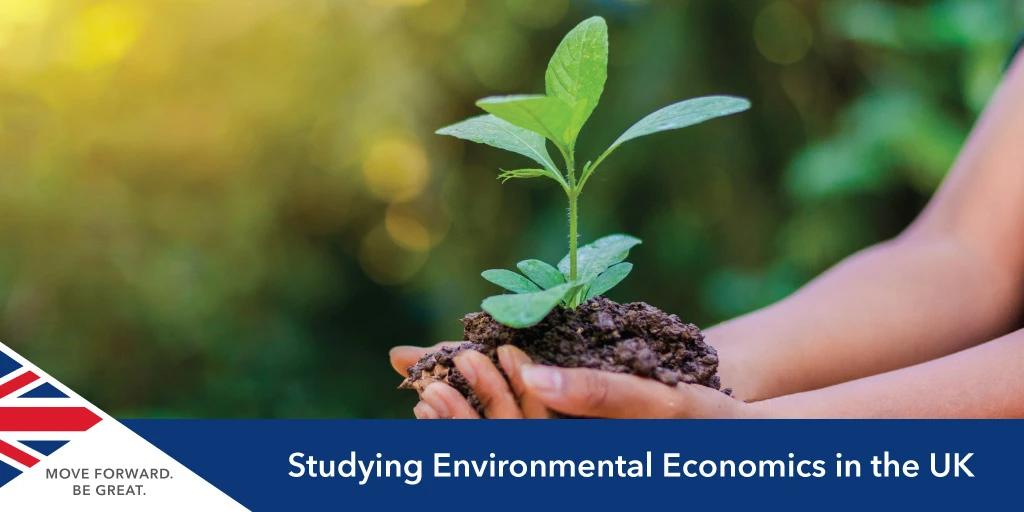An environmental economics masters course looks at renewable and nonrenewable resources, their usage, and their effect on our planet’s ecosystem.
Environmental policy refers to rules implemented by a government or organisation related to protecting our environment from the pollution that is caused by irresponsible exploitation of natural resources.
MSc Environmental Economics courses focus on analysing costs and benefits related to the pollution of local water supplies, air quality and solid waste. Through this course, policies are determined regarding both the internal and external matters of corporations.
Learn more below about studying environmental economics masters courses from top UK universities or book a free consultation with SI-UK London today.

Top Five Universities for Environmental Economics Masters
1. London School of Economics (LSE)
The MSc Environmental Economics at LSE aims to build on students’ existing knowledge in the field of economics, science and policies relating to any aspect of climate change. While studying an LSE environmental economics course, students can expect a thorough introduction to both theoretical and practical tools for analysing complex problems within the environment sector.
2. Durham University
Durham University focuses on delivering in-depth knowledge on environmental problems and design policies through its MSc Environmental and Natural Resource Economics.
When environmental issues occur, environmental economics helps to analyse them as much as possible so that new policy solutions can be designed quickly to put an end to said problems.
3. University College London (UCL)
As the environment, climate, energy and economics rise up the public agenda rapidly, there is an ever-rising requirement for highly qualified practitioners who can analyse these complex issues as well as relate them to the policy implications.
The Economics and Policy of Energy and the Environment MSc at UCL develop students in the economics, policy as well as modelling skills required to tackle global environmental challenges.
4. Northumbria University
Northumbria University’s Economics and Sustainability MSc degree program offers highly individualised educational pathways for individuals interested in adding a sustainability focus to their base degree, as well as for individuals looking for more information about sustainability economics without the need for official certification.
Featuring analytical coursework, this program bridges the gap between policy making, environmental science, and business management topics that are essential to forming comprehensive and effective environmental solutions around the globe. The ability to incorporate related coursework into a cohesive curriculum is one of the most exciting aspects of their newly proposed environmental economics masters degree.
5. University of St Andrews
The University of St Andrews’ Master of Science Sustainable Development and Environmental Economics is a 12-month programme and is made up of credit-bearing modules.
Students must earn 180 credits over the course duration, with 120 credits earned in each academic year. The first two years of study contain core modules narrowed to the programme as well as other modules are selected from a range of options. The remaining modules offer advanced research-led learning through modules that provide a curriculum which shapes your expertise.
Study Environmental Economics Masters in the UK
If you want to learn more about studying environmental economics masters in the UK, arrange a free consultation with SI-UK London today.







 My consultant was very helpful and motivating. She helped me every step of the way, even when the deadline was so close. I feel I could not have done it without her. I'd highly recommend this service to any and all of my many friends interested.
My consultant was very helpful and motivating. She helped me every step of the way, even when the deadline was so close. I feel I could not have done it without her. I'd highly recommend this service to any and all of my many friends interested. 









